A Shift in Priorities: Work-Life Balance Surpasses Pay as Top Motivator for Job Seekers
In a seismic shift in the job market, a recent report from Randstad revealed that work-life balance has finally outranked pay as the top motivator for job seekers in the United States. According to the 2025 Workmonitor report, a staggering 83% of people now list work-life balance as the most important consideration when evaluating a current or future job, closely followed by job security. Pay, once the holy grail of employment benefits, has been relegated to third place, with 82% of respondents citing it as a key motivator.
This marked change in priorities comes as no surprise, given the growing disillusionment with corporate America's grueling work culture. The report notes that employees are increasingly seeking workplaces that adapt to their needs, rather than the other way around. This shift in expectations has been driven in part by the growing influence of Gen Z, who are leading the charge in demanding more flexible and balanced work arrangements.
The numbers are telling: 83% of respondents now prioritize work-life balance, up from a mere 45% in 2020. Meanwhile, pay has seen a corresponding decline, from 92% in 2020 to 82% in 2025. Job security, which has long been a top concern for employees, remains a close second, with 83% of respondents citing it as a key motivator.
The implications of this shift are far-reaching, with significant consequences for employers and the broader job market. As employees increasingly prioritize work-life balance, companies will need to adapt their policies and cultures to meet these changing expectations. This may involve offering flexible work arrangements, such as remote work options or compressed workweeks, as well as providing resources and support to help employees manage their work and personal lives.
The market context is also worth noting. The COVID-19 pandemic has accelerated the shift towards remote work, with many employees now accustomed to working from home or in flexible arrangements. This has created a new normal, with employees increasingly expecting more flexibility and autonomy in their work arrangements.
The company behind the report, Randstad, is a leading global staffing agency with a long history of tracking workplace trends. The company's Workmonitor report is widely regarded as a benchmark for understanding the evolving needs and priorities of employees.
As the job market continues to evolve, it's clear that work-life balance will remain a top priority for employees. Companies that fail to adapt to these changing expectations risk losing top talent and struggling to attract new recruits. On the other hand, those that prioritize work-life balance and flexibility will be well-positioned to attract and retain the best and brightest in the job market.
In the end, it's a shift that's long overdue. As employees increasingly prioritize their personal and professional well-being, companies will need to adapt to meet these changing expectations. The future of work is looking brighter, but it's also looking more flexible – and that's a change that's here to stay.






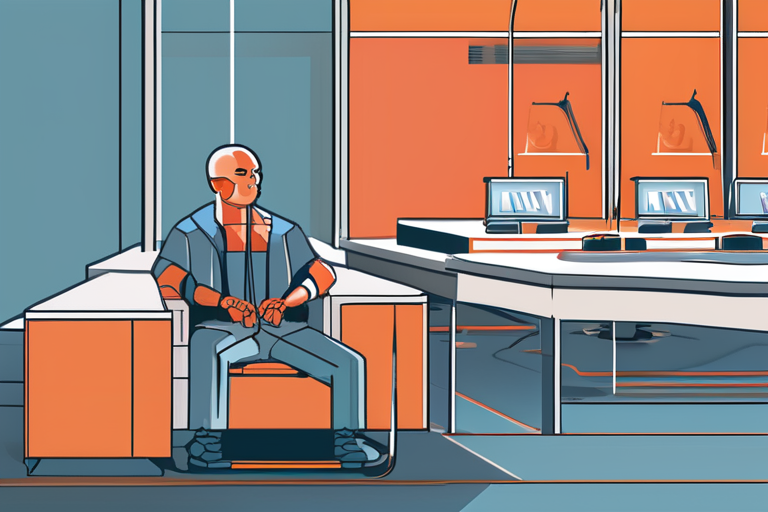







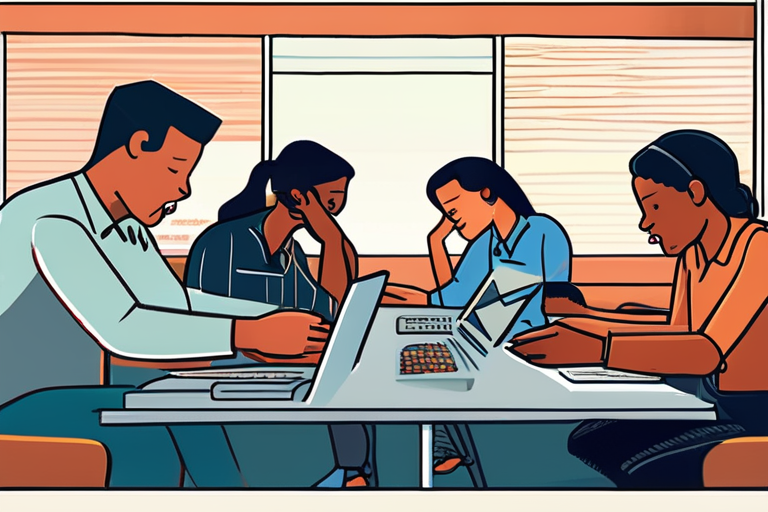


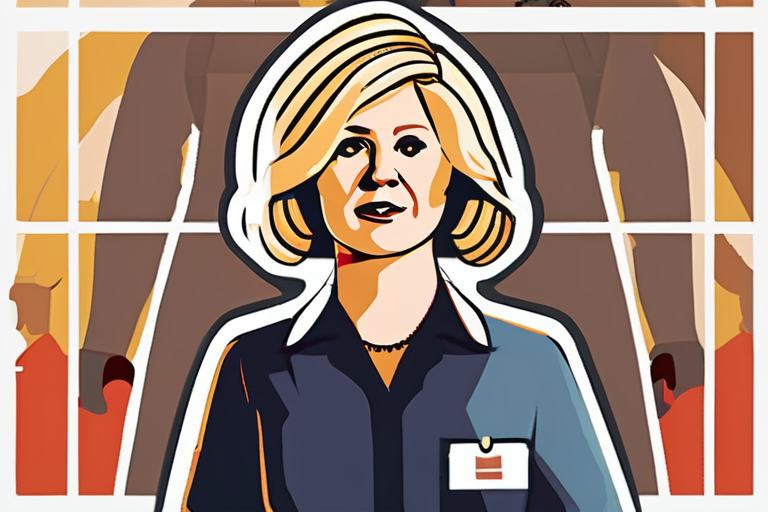
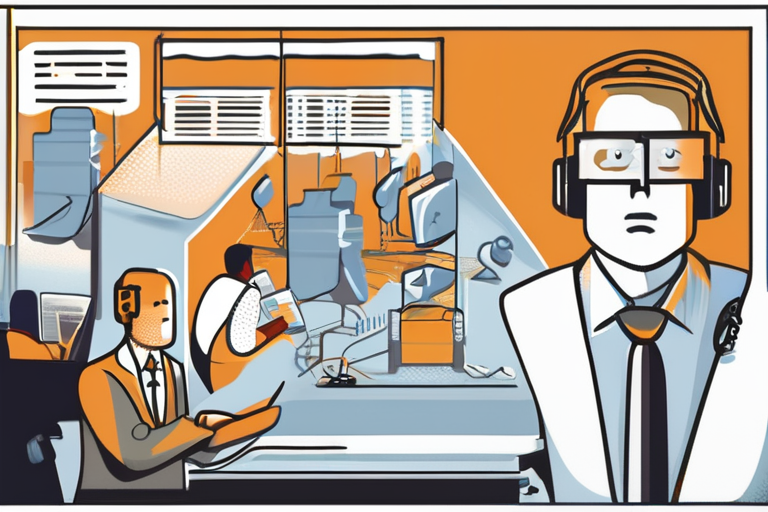





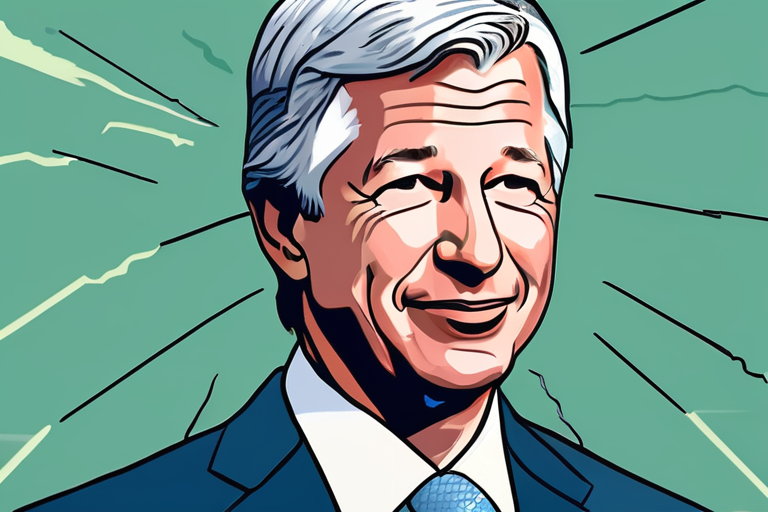


Share & Engage Share
Share this article